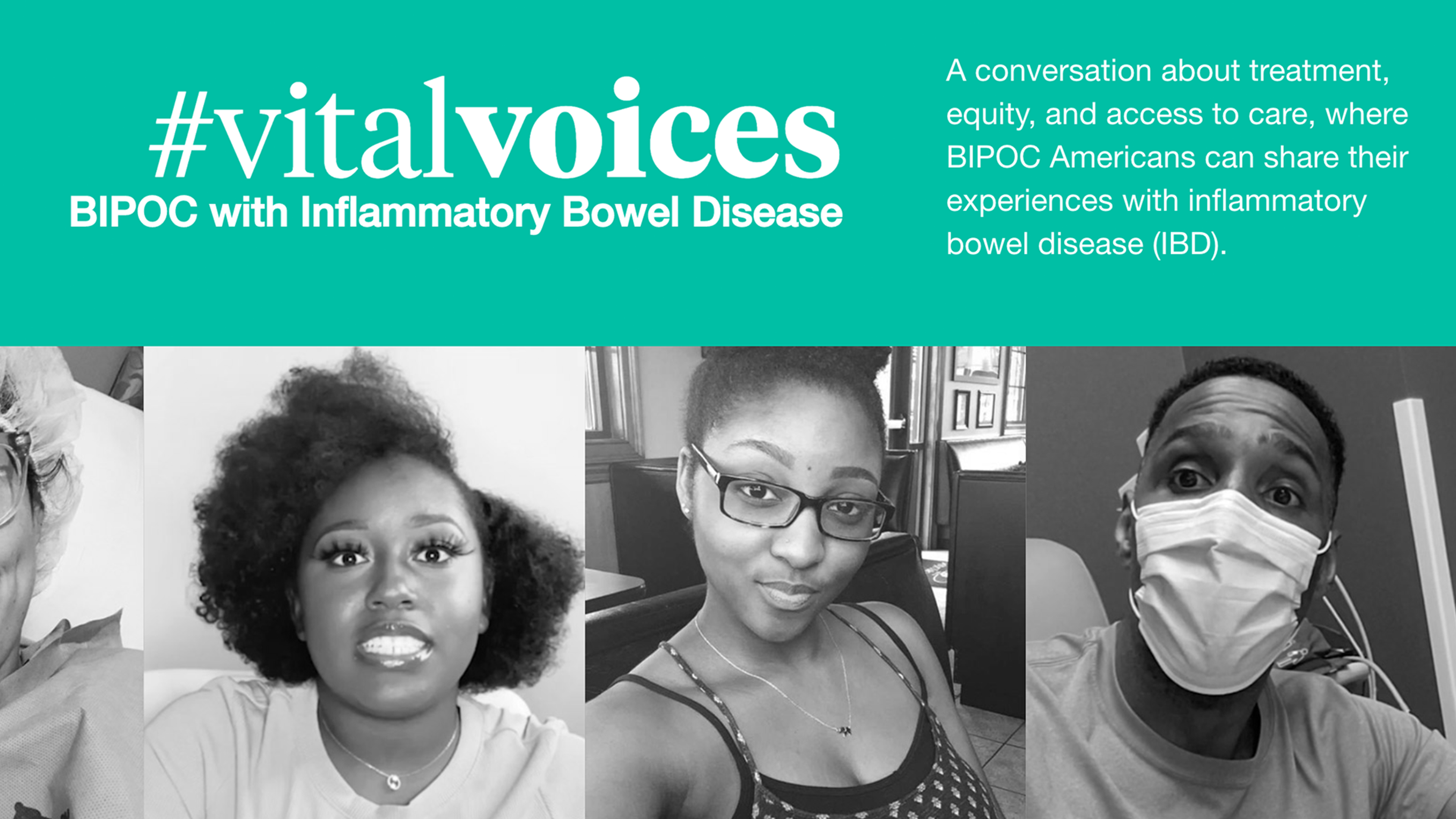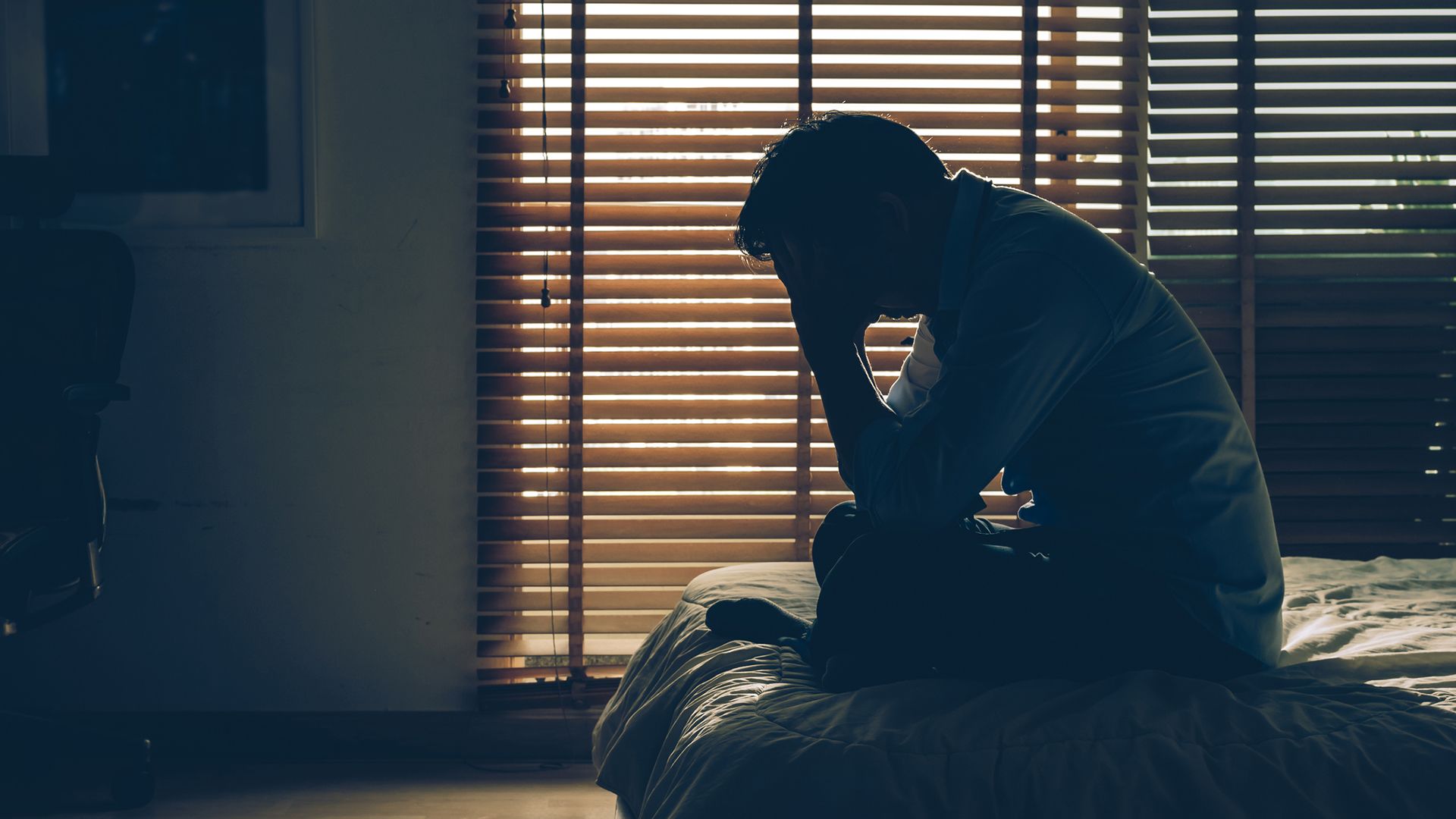Ulcerative colitis is a type of irritable bowel disease (IBD). Like other chronic illnesses, ulcerative colitis (UC) can take a toll on a person’s emotional and mental wellbeing. Research shows that living with UC can negatively impact a person’s self-esteem, that people with IBD often feel stigmatized because of their conditions. It also shows that mood disorders such as depression, as well as anxiety disorders, are more prevalent among people who have IBD.
If you are living with UC or another form of IBD, it is important to seek treatment from a healthcare provider. While there is no cure for UC, there are treatments that can help achieve and maintain remission. Mental and emotional wellbeing should also be a focus of treatment.
Here, we look at some strategies to get the help you need.
Get the appropriate level of help
UC is a different experience for everyone. This is true of the physical symptoms as well as the emotional and mental burden that often accompany the disease. Different people with UC have different needs. It is important to spend some time figuring out how UC is impacting your life.
- Talk to your healthcare provider about the ways UC impacts your life, what UC prevents you from doing, and your feelings about UC.
- Consider working with a counselor or therapist. Many people living with chronic illness may benefit from these approaches and there are even therapists that specialize in the treatment of disorders like IBD.
- Consider joining a support group. Support groups offer a chance to connect with other people who have UC or other forms of IBD—people who understand what you are going through.
Reduce stress
Stress can trigger UC symptoms and make symptoms worse. Stress is also bad for your health in numerous other ways. Learning to manage stress and anxiety can make a big difference in how you feel. Some tips and strategies for reducing stress:
- Meditation, yoga, deep breathing exercises, and complementary practices such as acupuncture and massage can all help reduce stress.
- Exercise is also highly effective in reducing stress. Talk to your healthcare provider about exercising with UC and how to exercise safely.
- Do not overlook the things that make you happy. Schedule time in your day for activities, hobbies, and people that are important to you.
Symptoms of depression
As mentioned above, depression is more prevalent among people who have IBD. Depression is more than feeling down or feeling sad—it is a potentially life-threatening medical condition that requires treatment. It is important to be able to recognize the symptoms of depression in yourself, and in a loved one. These symptoms may include:
- Persistent feelings of sadness, anxiety, or feeling empty
- Feelings of hopelessness and/or pessimism
- Feelings of guilt, worthlessness and/or helplessness
- Irritability and restlessness
- Loss of interest in activities or hobbies that you enjoy
- Loss of interest in sex
- Fatigue and decreased energy levels
- Difficulty concentrating, remembering details, and/or making decisions
- Changes in sleep habits, including insomnia, waking early in the morning, or excessive sleeping
- Changes in eating habits, including overeating or appetite loss
- Thoughts of suicide
If you or someone you know is having thoughts of self-harm or suicide, seek help immediately. Licensed mental health professionals are available at the National Suicide Prevention Lifeline. These professionals can listen to what you have to say and guide you through steps that can keep you safe. To contact the National Suicide Prevention Lifeline, call 1-800-273-8255 or call, text, or chat 988.






